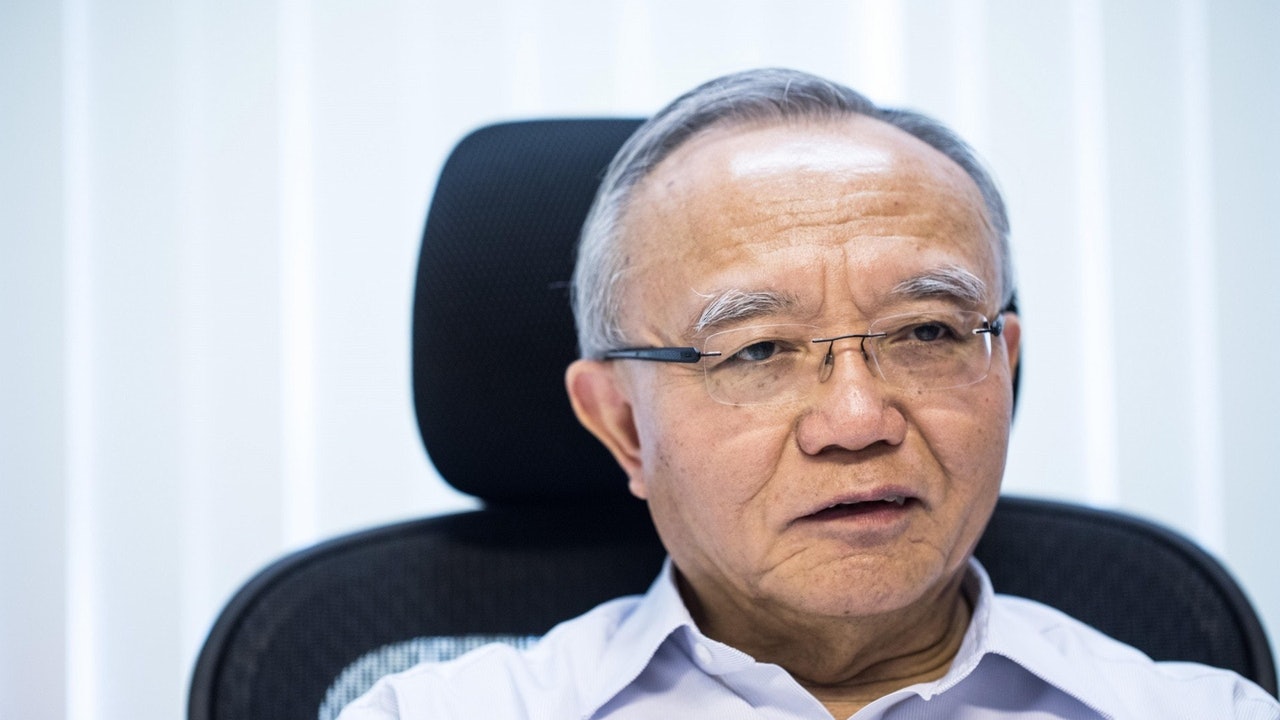Political situation
Written by: Chen Chuolan
2020-08-11 17:26
Last update date: 2020-08-11 17:28Since the "Hong Kong National Security Act" was implemented in Hong Kong on June 30, many people were arrested for this. The U.S. Treasury Department even stated that 11 Chinese and Hong Kong officials, including Chief Executive Carrie Lam, were sanctioned. Some establishments did not appear on the sanctions list. Social concerns.
Liu Zhaojia, the vice chairman of the National Society for Hong Kong and Macau Studies, was interviewed by Observer Network earlier. Liu Zhaojia believed that the establishment is not necessarily a patriot. Some of them have no feelings of family and country. The motivation behind the willingness to cooperate with the Chinese Communist Party is not to love the country, but to Because of interest.
Liu Zhaojia pointed out that even if some people in the establishment are willing to cooperate with the Communist Party of China, they will not impact the interests of the central government. The motivation behind it is not because they love the country, the nation, or have a good impression of the Chinese people, but from a realistic perspective and an interest perspective. (Profile picture/Photo by Zhang Haowei)
The "Observer.com" reporter mentioned that the reason for the fact that some establishments in Hong Kong support the central government is because of the economic gains in the Mainland. They can become vested interests instead of having real family and country feelings. Liu Zhaojia believes that it is necessary to clarify "patriots" The difference between the "establishment faction" and the "establishment faction" is that many people still mix these two terms together, thinking that the patriots ruling Hong Kong is equivalent to the establishment faction ruling Hong Kong.
Liu Zhaojia continued that even if some people in the establishment are willing to cooperate with the Communist Party of China and accept the "One Country, Two Systems" enacted by the Communist Party of China, they will not do anything to impact or harm the interests of the central government, and accept what constitutes the Chinese Constitution and the Basic Law. The motivation behind the activities under the constitutional order is not because of loving the country, loving the nation, or having a considerable affection for the Chinese, but from a realistic perspective, an interest perspective, taking into account Hong Kong and our own interests, to do these things well.
Liu Zhaojia also believes that these establishmentists will maintain cooperation with the Communist Party and will not "vigorously" fight external forces or local hostile forces. The reason is that there are many inextricable interests in foreign countries, and some people may have foreign interests. Business or holding foreign passports, so when China struggles with the West, it will make these people's situation quite embarrassing.
The central government must take action when the incident involves national security or national interests
Therefore, when the incident involves the fundamental interests of the nation and the national security is truly threatened, Liu Zhaojia said that he always believes that the central government must act on its own and cannot rely solely on Hong Kong to do a good job of safeguarding the power and national interests.
Liu Zhaojia added that some of the establishment forces are patriots and have considerable national and national feelings. Although they are not communists, they agree with the status and role of the Chinese Communist Party in Chinese history, care for the welfare of the Chinese nation, and are willing to follow in China. When Western forces struggle, they stand on China's side. However, the Patriots do not have enough mass foundation, social support foundation, and right to speak. They are still not enough to support the overall political situation in Hong Kong, so they still rely on the establishment and the central government to act.
[Hong Kong version of the National Security Law] Was included in the sanctions list by China Rubio: China does not like me
National Security Law says that future work will be set out in chaos, Lam Cheng: If one country is not maintained, it is difficult to talk about other things
The Hong Kong Garrison exercises and implements the National Security Law and sings the war hymn: Who dares to make trouble and destroy him on the spot
Zhang Xiaoming met with the establishment of the Legislative Council and did not express views
Postponement of Legislative Council Election|A statement supporting the establishment of the Legislative Council is issued in support of requesting the government to explain the future arrangements
Liu Zhaojia Organizational Patriotism US-China Relations Sino-US Trade War Hong Kong Version National Security Law

